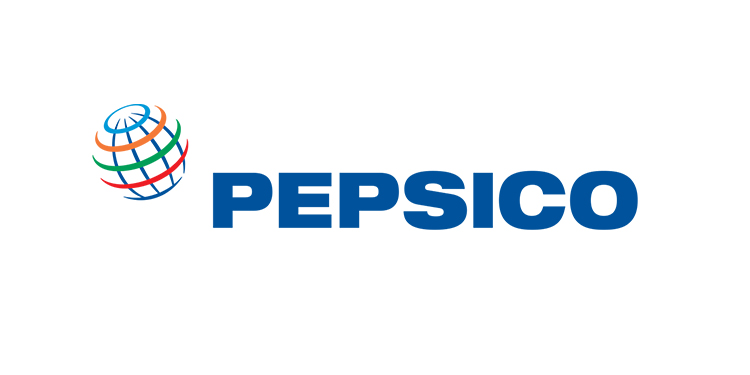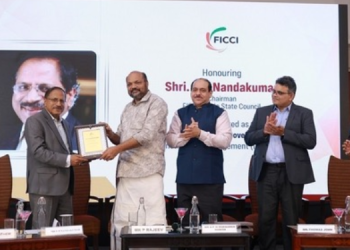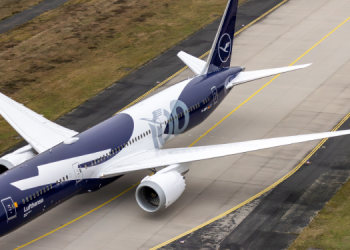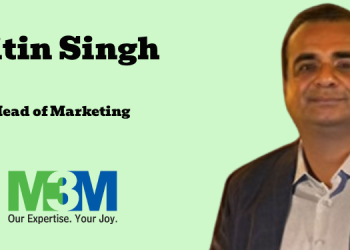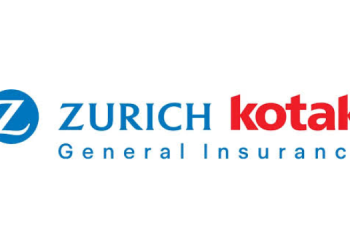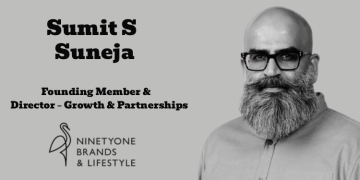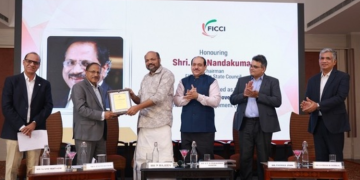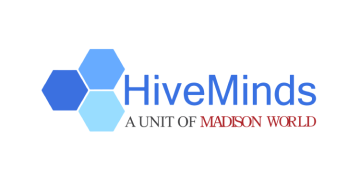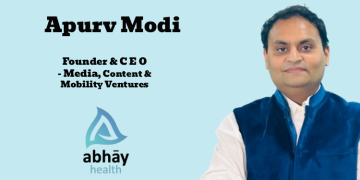PepsiCo joins companies such as Coca-Cola and Unilever in holding back marketing spend during this period as part of mitigating challenges posed by COVID-19.
The cola and packed food giant is reducing non-essential advertising and marketing spend and tightly managing discretionary expenses to reflect the realities of the current environment. Vice-Chairman and CFO Hugh Johnston said during a recent pre-recorded financial call.
The company posted a 7.7% net revenue growth for the first quarter of 2020 (Q1 2020). Net revenue for the Asia Pacific, Australia, New Zealand and China region increased to US$555 million from US$525 million during the same period last year. Meanwhile, its operating profit jumped to US$142 million from US$106 million during Q1 2019.
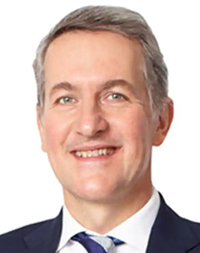
Chairman and CEO Ramon Laguarta said during the call that growth in international markets was broad-based across both snacks and beverages, benefiting from investments in higher advertising and increased manufacturing and selling capacity. Likewise in North America, its business also saw a spike in demand occurring late in the quarter due to higher levels of advertising and marketing support and the Super Bowl in February this year. He highlighted the four emotional and behavioral changes that consumers in developed markets go through as they adjust to the new realities:
1. Preparation and prevention
2. Confinement and cocooning
3.Restricted recovery
4. New normal
According to Laguarta, most developed markets have moved beyond the preparation and prevention phase and appear to be in the later stages of confinement and cocooning, as social distancing and lockdown have become a way of life.
Laguarta explained that consumers have shifted consumption habits to more at home locations, and there has been an increase in usage of traditional large format and eCommerce channels. “Conversely, they have shifted away from immediate consumption channels that are the convenient and gas and food service. This has proportionally impacted the revenue of the US beverage business. with consumers spending more time at home,” he said.
However, there is an increase in eating breakfast and a tendency to snack more during the day. As such, Laguarta said “it’s Frito and Quaker food business is well-positioned to capitalize on these changes, which has led to PepsiCo seeing higher household penetration across its variety of products”.
“In response to these shifts, we have adapted our advertising, revenue management and go to market priorities across our business and channels,” he said, adding that the company is focusing on maximizing manufacturing and supply chain efficiencies.
PepsiCo is also adjusting its promotions to capitalize on fewer shopping trips with larger basket sizes.
Like many other companies that have withdrawn their 2020 outlook, Laguarta said its previous financial outlook for the year “is no longer applicable” and will not be updated at this time due to the uncertainty and volatility involved as a result of COVID-19. Nonetheless, it has put in place guidelines and actions for business leaders.
PepsiCo is reinforcing its culture with a set of overarching principles in a matter consistent with the PepsiCo way. For example, it emphasizes that associates act like owners – with integrity and get things done quickly. “This can enhance our standing with consumers and employees,” he explained.
The company is also placing “deep focus” on accelerating revenue growth and improving value market share by forming a committee to lead the recent replanning of each business. The committee will meet bi-weekly for the rest of the year to monitor performance and continually make research allocations adjustments as circumstances work.
Lastly, it is also driving productivity to fund investment in business. Laguarta said PepsiCo will continue to invest in key initiatives that transform operating capabilities of the company. “We will also make commercial investments in high return activities that we believe will enable us to emerge from the crisis in a competitively advantageous position. We will aggressively challenge our growth structure holistically with a zero-based mindset and revaluate all other investments for the year,“ he added.

